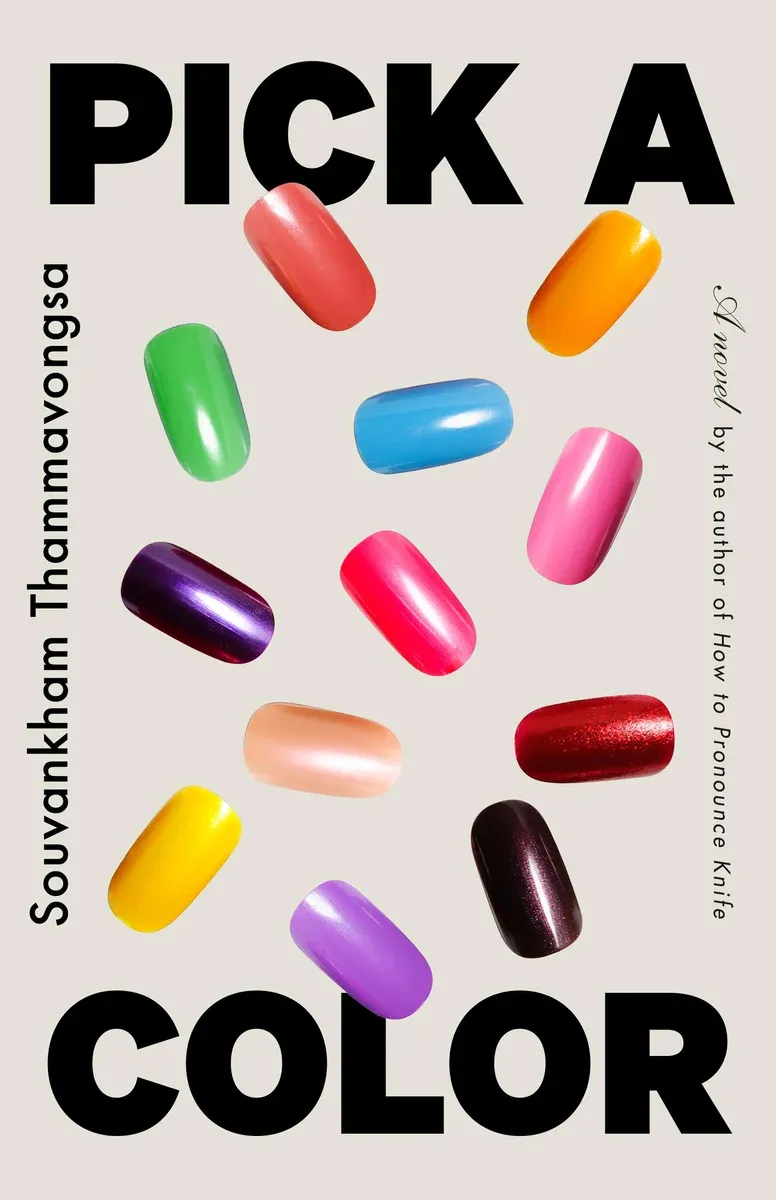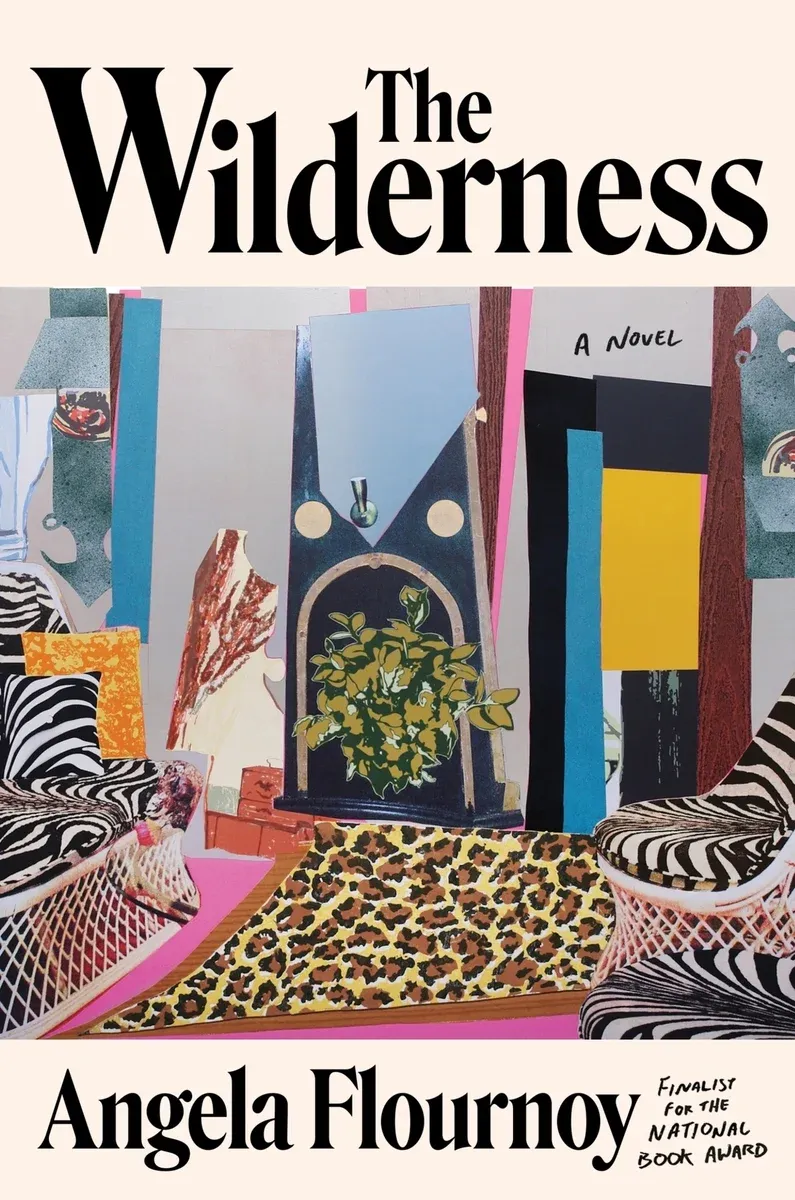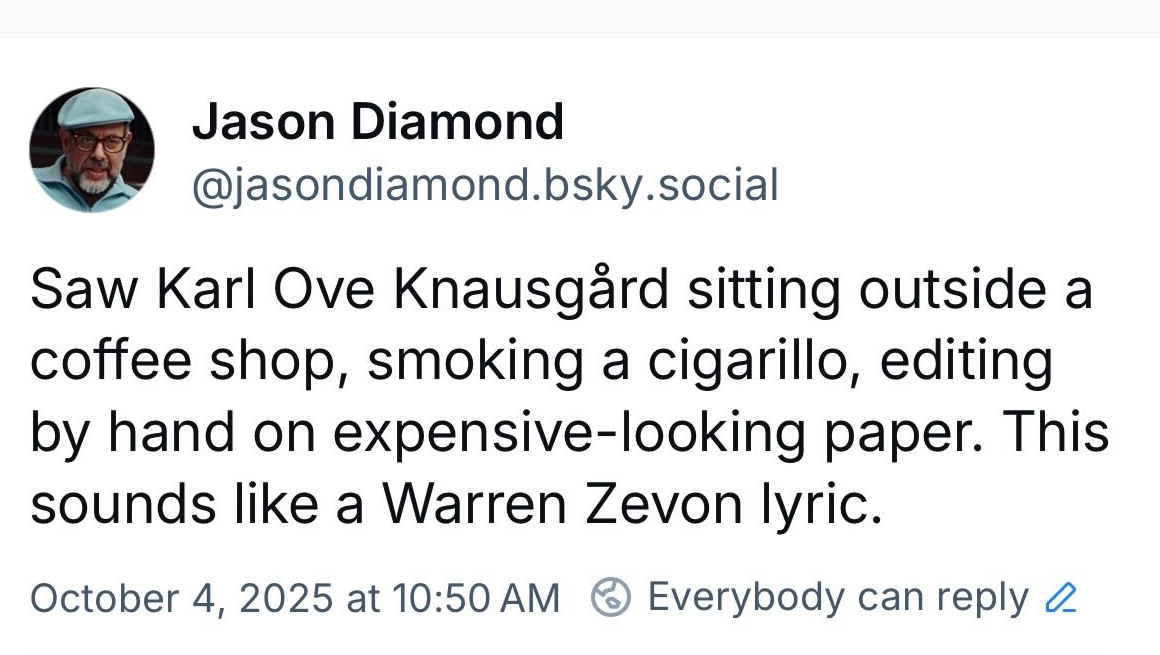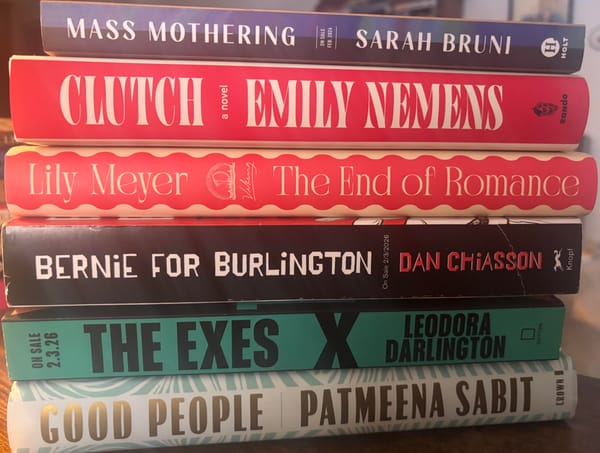The Maris Review, vol 75

What I read this week

Pick a Color by Souvankham Thammavongsa
It's been more than a decade since the New York Times ran this piece about the plight of nail salon workers, but I think of it every time I pass a nail salon (very, very often in Brooklyn). And when I go to get my nails done, I make sure to tip well and in cash.
But this is not the nail salon that Souvankham Thammavongsa depicts in her debut novel, not entirely. Pick a Color is a minimalist yet cutting character study in which the women of the nail salon get to be the main characters, not the victims. The novel starts like this: "Everyone is ugly. I should know, I look at people all day." The owner of the salon is Ning, who is tough and street smart, and whose voice is wry and who, despite her fierce independence, longs for a bit of community. She works with Mai, Noi, and Annie. When they arrive at the salon, all four of the women go by the name Susan. It's easier that way.
The banter between the four women is impeccably petty, as well it should be. They speak in a language their American customers don't know, and they surely talk shit as much as you might imagine. Yes, Elaine Benes, they were laughing at you. Why wouldn't they?
For all the camaraderie among the women during the day, their livelihoods are still precarious and Ning still feels fundamentally alone. A former boxer, she is always on edge: "My body is always ready for a fight, even when there isn't one." We never learn what happened to her and why her ring finger on her left hand is missing ("If my body has a centerpiece, it's this space where something used to be"), but it seems unlikely to have been a boxing injury. Over the course of one day in the nail salon, she is keenly attuned to who notices her missing finger and who does not. It's a great litmus test to see who will look up from their phone long enough to be curious about the people around them, and who will not. There is hope in the noticing, in the little pockets of humanity you can catch in between more transactional moments.

The Wilderness by Angela Flournoy
The Wilderness is a friendship novel unlike any other I've encountered. In your typical friendship novel what might happen is that we meet four friends and see them live separate lives but also interact with each other again and again. Usually the author spends time with the four friends equally, and through getting to know each of them on their own we understand exactly how and why, over time, they have become each others' chosen family.
In The Wilderness, we meet four friends whose narratives only sometimes overlap and intersect on two different coasts. Switching between first person and third and New York and LA, and going back and forth in time over 20 years (including a bunch in the year 2027), Angela Flournoy shows us four Black women who love each other but but who don't have to get so sisterhood of the traveling pants about it. They're too busy trying to figure out their own lives. There's Desiree, whose estrangement from her sister after the deaths of their mother and then grandfather finds her unmoored; January, who so wants to be independent but who finds herself attached to a man she's not sure about; Monique, a former librarian who's trying to navigate the surreal life of becoming an influencer; and Nakia, a chef and proprietor of a small chain of restaurants who helps feed the homeless on Skid row in her spare time.
So much of the novel consists of finely wrought slices of life: the drudgery of trying to be clever on the Internet, the weird mindfuck of trying to be a good person in a world with so many systemic inequities, the conundrum of trying to find or move real estate, the absurdity of trying to stay healthy and hopeful in a climate crisis. And so then when the women do get together, it's all the more revelatory. We get to see who the women become with each other, how their roles change and how they grow and regress in each other's company. These are complicated relationships, as complicated as familial ones, with the same jealousies and judgments and annoyances. That their friendship survives and flourishes despite all of the baggage is the most lovely part.
It's Prime Week

But there are so many other good deals at other, better places.
Loyalty Bookstores has my favorite merch ever.
Bookshop.org offers free shipping today and tomorrow.
Libro.fm has an Indie Bookstore Appreciation sale with a lot of good stuff I' ve covered in this newsletter for just a few dollars: The Catch by Yrsa Daly-Ward, The AI Myth by Emily M. Bender and Alex Hanna, and Women Talking by Miriam Toews.
And remember, there's always the library!
Well, this rules

Very excited for Megha Majumdar, whose novel I'll be writing about next week. Really eager to read the rest of the fiction noms, and am so glad One Day Everyone Will Always Be Against This is getting its due. What do you think?
A perfect encapsulation

New releases, 10/7

Herculine by Grace Byron
The Four Spent the Day Together by Chris Kraus
Enshittification: Why Everything Suddenly Got Worse and What to Do About It by Cory Doctorow
Shadow Ticket by Thomas Pynchon
The Salvage by Anbara Salam
Taylor's Version: The Poetic and Musical Genius of Taylor Swift by Stephanie Burt
Girl Warrior: On Coming of Age by Joy Harjo
Gertrude Stein, An Afterlife by Francesca Wade
Paper Girl: A Memoir of Home and Family in a Fractured America by Beth Macy






